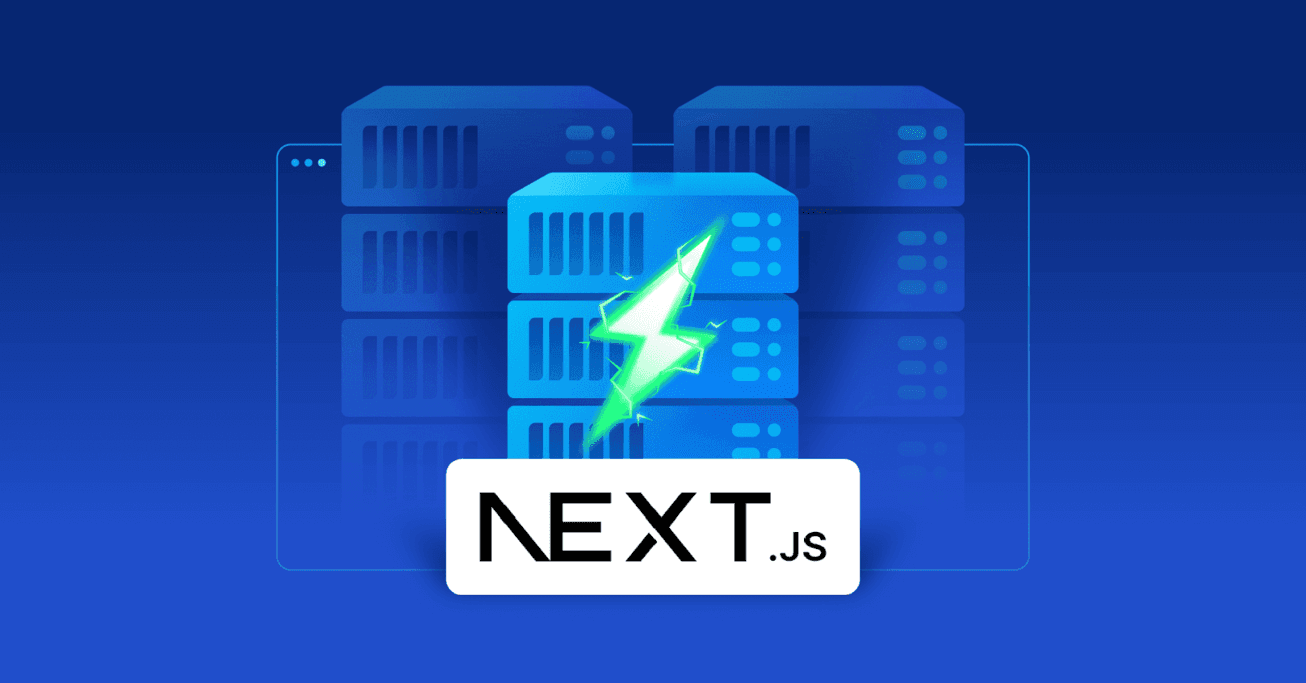
2025-11-11
10

When building modern websites with Next.js, you might need to display a large number of items — for example, a long list of products, posts, or users fetched from an API.
At first, it seems easy to just fetch the data and store it all in a useState hook.
But as the number of items grows, you’ll start to notice performance issues. Each update to the state triggers a re-render, and if your list has hundreds or thousands of elements, it quickly becomes slow and laggy.
A better approach is to load data in chunks — for example, fetching 10 items at a time using pagination or infinite scroll. However, even in that case, storing all of those chunks inside React state isn’t always the best idea. After a while, the component still becomes heavy because all previous data is kept in memory.
To fix this, you can combine API pagination with local or session storage.
Instead of keeping all items in memory through useState, save the already-fetched data in localStorage or sessionStorage.
This way, the browser keeps the data without making React re-render everything, and your app stays smooth and responsive.
In short:
//